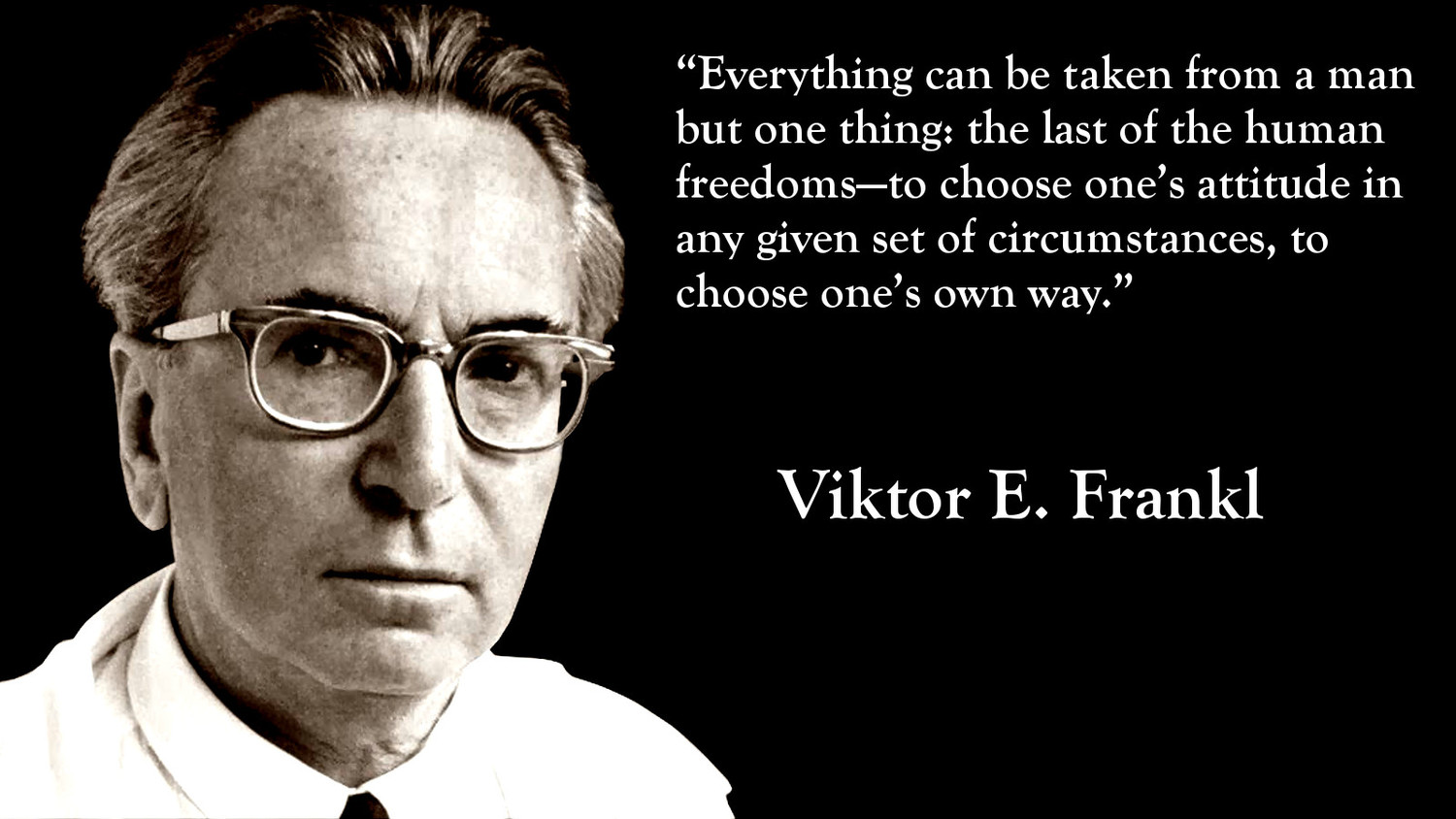We are what we think. It defines what we choose and how we behave. Most of the actions and decisions we take during the day are habits. If we are intentional about what we think, the habits we develop and why, we can empower ourselves towards a self-directed life of well-being and great performance.
There are 15 habits required to achieve a psyche and mindset to create your own self-directed life of well-being and performance. They are organized around three important life directives.
Find your place: know your starting point in life and where to go from there. Sift through the cloud of possibilities and distill who you want to be, how you want to feel and who you want with you along the way.
Lead your way: take responsibility to grow yourself as a person. Only you can take action to push yourself in the right direction and find your way forward from your starting point to whom you want to be.
Own your response: choose how you respond to any situation in your life. You will have setbacks during your journey. Be ready to deal with challenges and setbacks in the most effective way.
Understanding your solutions to these directives and practicing effective habits associated with each of these directives, will carve out your journey towards self-empowered well-being and great performance.
In brief, here are the Fifteen Habits to achieve a psyche and mindset by which you can create your own self-directed life of well-being and performance.

Find Your Place
Find Meaning: If you find meaning or purpose in what you do, you can overcome any setback or situation. A meaningful life creates happiness.
Use Strengths: Doing more of what you do best opens up the most effective pathways to both success and happiness. Using your strengths increases resilience and life satisfaction.
Know What Matters: Knowing what matters helps you keep your emotions and anxiety under control in stressful situations. It helps you focus and worry less about what you can’t control. It helps you put your problems in perspective.
Nurture Self: Nurturing yourself and managing your energy levels will boost your mood, confidence, and strength so that you can give your best mental and physical performance.
Nurture Relationships: If you show affiliation and an interest in helping others grow, you will have a higher life satisfaction and work satisfaction. Compassion for others increases happiness.

Lead Your Way
Challenge Yourself: Take on a growth mindset and challenge yourself to become better, get out of your comfort zone and learn new things. The most exciting events in your life happen when you step out of your comfort zone.
Set Goals: Goals give you direction and set you up to achieve. If you set moderate goals that are meaningful, you are more motivated and successful in reaching them.
Take Action: However small or big your goal or dream is, it all starts with your first action. And the first action is sometimes the hardest because you envision how much you have ahead of you.
Focus: When you focus, you achieve more, with better quality results. You’re also likely to feel less stressed, when you finish your tasks on time. Your time is a matter of priority.
Self-Reward: Self-reward plays an important part in staying motivated and keeps up your mood and performance. Criticizing yourself increases adrenalin and cortisol levels and increases stress.

Own Your Response
Accept Failure: accept that failure is part of your growth and self-improvement. If you see failure as a learning experience that takes you one step closer to your goal, it gives you positive reinforcement.
Stay Positive: If you are positive, you’re likely to be less depressed, live healthier and longer and perform better. You’ll bounce back easier from adversity. You’ll see opportunities where others see threats.
Be Present: Being fully present improves your relationships. Mindfulness increases your performance through improved short-term memory and quicker, more accurate information processing. You become calmer and control your emotions better.
Manage Self-Talk: You are what you think. Too many negative thoughts about the world and judgements about others can have a significant impact on your feelings, behaviour, performance, and your life. That’s why you have to monitor and manage your self-talk.
Manage Emotions: Managing your emotions contributes to higher stress tolerance and better performance. Managing the reaction to your fight-or-flight response prevents negative impact to your immune system, blood pressure and sleeping patterns.
You can take a free survey to measure yourself around the 15 characteristics described in this post. On completion, you’ll receive a free report with guidance on where you might have improvement opportunities.
Don’t ask for permission to change. Start working on your habits now!


